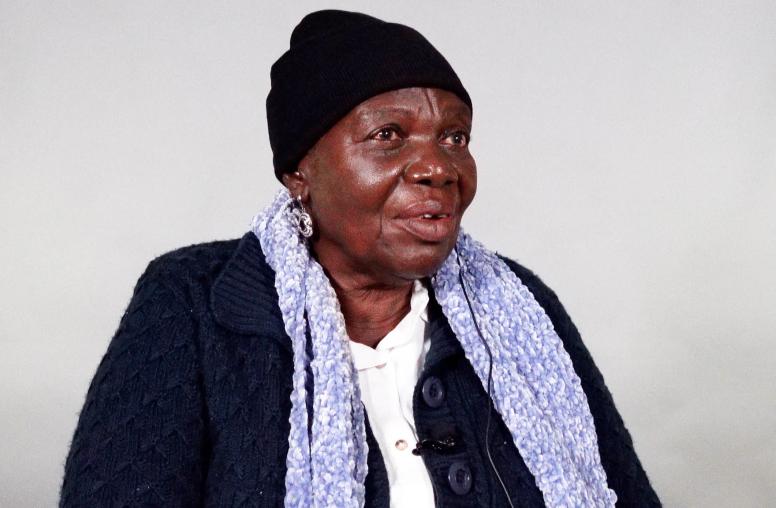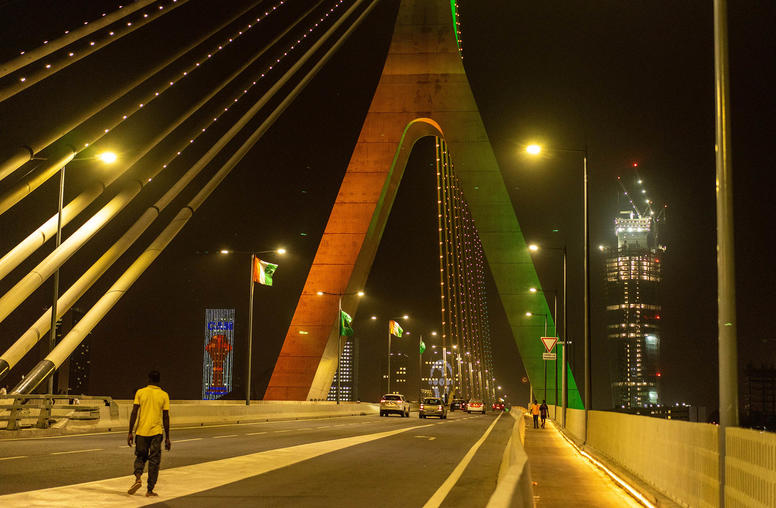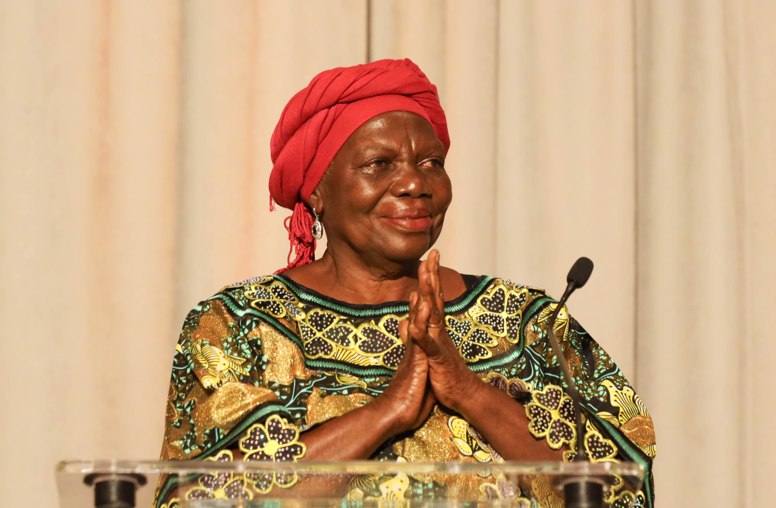Eastern Congo: Changing Dynamics and the Implications for Peace
On February 22, 2013, the U.S. Institute of Peace convened a panel of experts to discuss recent developments in the war and their implications for peace. Raymond Gilpin, director of USIP’s Center for Sustainable Economies, was joined by John Prendergast and Sasha Lezhnev, both from the Enough Project who recently returned from the region, and Adotei Akwei of Amnesty International.

Unrest in northeastern provinces of the Democratic Republic of the Congo (DRC) continues to claim lives, fuel the illicit economy, constrain development and undermine prospects for peace. Mediation efforts by the United Nations and the DRC’s neighbors have yielded few tangible results and mistrust is rife. Nevertheless, a U.N.-backed peace agreement is scheduled to be signed in Addis Ababa, Ethiopia on February 24. Major issues include the role of the M23 in the peace process, widespread gender-based violence and the resilient illicit economy (particularly in the mining sector).
On February 22, 2013, the U.S. Institute of Peace convened a panel of experts to discuss recent developments in the war and their implications for peace. Raymond Gilpin, director of USIP’s Center for Sustainable Economies, was joined by John Prendergast and Sasha Lezhnev, both from the Enough Project who recently returned from the region, and Adotei Akwei of Amnesty International.
Despite the upcoming peace talks, the situation on the ground remains dire and various actors have “no reason to change their behavior and abide by the agreement,” Akwei told the USIP audience.
Gilpin underscored the need to identify new workable and effective approaches to this long-running conflict, saying how recent developments could be used to help overcome the challenges that lie ahead.
Picking up that thread, Prendergast, who co-founded the Enough Project, agreed and outlined four important changes, calling them “opportunities to give peace a chance.”
First, he said, the increased pressure for conflict-free products from the region and the ongoing demand for clean, legally-sourced minerals are a potential game changer. A second change was that, for the first time, the international community was imposing some meaningful consequences to the DRC’s neighbors for the cross-border weapons supply. A third opportunity was the increased calls for accountability and support for international and domestic justice efforts. Fourth, Prendergast said, was the renewed attention to reform and improve peacekeeping operations, citing the failures of the U.N.’s Monusco. He also said that the peace agreement will be critical, but the real work would begin on February 25 – when the international community, including the United States, United Nations and regional actors – must maintain pressure to ensure progress.
He recommended that a U.N. special envoy keep the momentum and immediately begin negotiations with the DRC and its neighbors on matters more specific that in the current peace framework. Prendergast and Lezhnev both recommended that the United States appoint a special envoy with particular expertise on security and economic issues, as the main drivers of this conflict.



